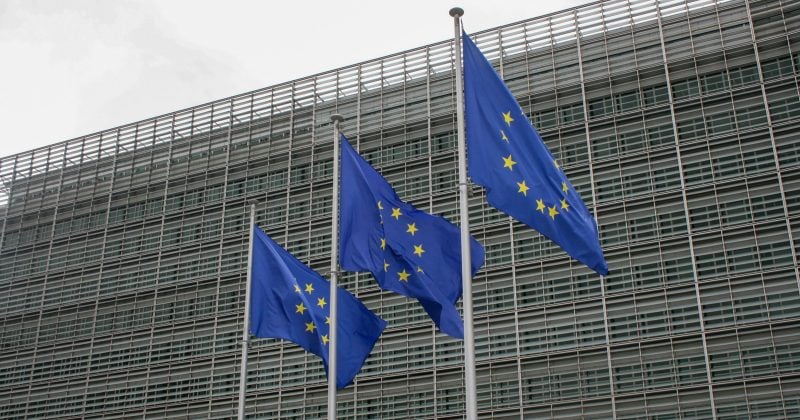
Photo: Carl Gruner
EU targets Russian LNG and crypto in new sanctions package
New measures seek to close loopholes in Russia's financial networks, focusing on digital assets and energy as tools for enforcement.
The European Union announced its 19th sanctions package against Russia today, introducing a complete ban on Russian LNG imports and expanded restrictions on crypto platforms and banking services.
The package phases out long-term LNG contracts earlier than previously planned while ending short-term contracts within six months. The measures also prohibit transactions with additional Russian banks and crypto providers, alongside banning Russia’s national payment system within the EU.
The EU coordinated the sanctions with the US, including accelerated rejection of Russian energy supplies and expanded blacklisting of shadow fleet vessels. The restrictions target Russian entities like Rosneft and specific payment networks to limit transaction capabilities in EU markets.
The measures aim to curb Russia’s ability to evade existing financial restrictions through digital asset services and alternative payment systems. The sanctions package expands the EU’s ongoing efforts to pressure Russia’s economy over its actions in Ukraine.

 Earn with Nexo
Earn with Nexo